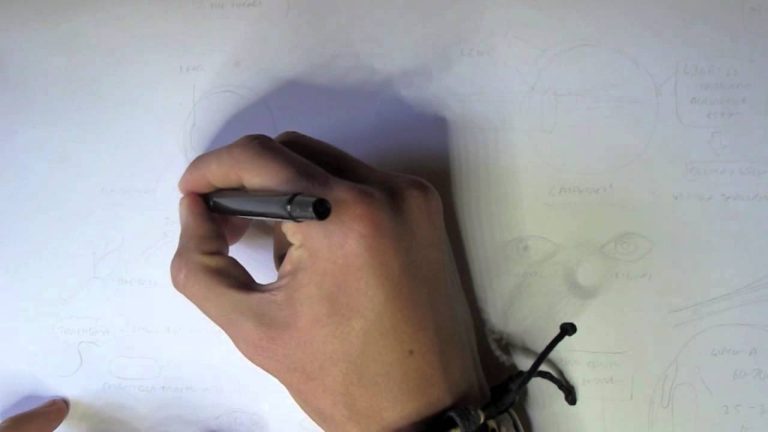Unveiling the Connection Between Eye Health and Emotional Well-Being: Expert Advice from Vision Care Specialists
When it comes to taking care of ourselves, many people tend to focus solely on physical health. However, it’s important to remember that emotional health is just as important. In fact, the two are often closely linked. One aspect of our health that sometimes gets overlooked in this equation is our eye health. That’s why we’re going to take a closer look at the intersection of eye health and emotional health in this article.
First, let’s talk about why eye health matters. Our eyes are incredibly important, not just for how we perceive the world around us, but also for our overall health. Routine eye exams can help detect early signs of eye diseases such as glaucoma and cataracts. In some cases, eye exams can even detect other health problems, such as diabetes or high blood pressure.
The effects of blue light on eye health
One aspect of eye health that’s becoming increasingly important is the impact of blue light on our eyes. Blue light is a type of high-energy visible (HEV) light that’s emitted by many of the screens we use on a daily basis, such as computers, smartphones, and televisions. Over time, exposure to blue light can potentially cause damage to the retina, contributing to age-related macular degeneration (AMD).
So, what does this have to do with our emotional health? Well, for starters, being exposed to blue light late into the evening can disrupt our sleep. Studies have shown that blue light exposure can suppress melatonin production, which can make it harder to fall asleep and reduce the quality of our sleep once we do. Poor sleep is linked to a variety of emotional health issues, including depression and anxiety.
Reducing blue light exposure
The good news is that there are steps you can take to reduce your exposure to blue light. One option is to use blue light blocking glasses when using screens in the evening. These glasses are designed to filter out the blue light emitted by screens, reducing its impact on your eyes. Additionally, many devices now have a “night mode” or “blue light filter” option that reduces the amount of blue light emitted.
Another way to protect your eyes (and by extension, emotional health) is to ensure you’re taking frequent breaks from screens throughout the day. The American Optometric Association recommends the 20-20-20 rule, which involves looking away from your screen every 20 minutes and focusing on something at least 20 feet away for at least 20 seconds.
The bottom line
When it comes to our overall health, it’s important to remember that physical and emotional health are interconnected. Taking care of our eyes is just one aspect of this bigger picture. By reducing our exposure to blue light and taking frequent breaks from screens, we can help protect our eye health and improve our emotional well-being.
- Blue light is a type of high-energy visible (HEV) light
- Over time, exposure to blue light can potentially cause damage to the retina
- Blue light exposure can disrupt our sleep
- Reducing blue light exposure is important for protecting eye health and emotional well-being
Most wanted in Hoya Vision:
Hoya Lens Engravings
Which lens is better Alcon or Johnson and Johnson?
What’s the rarest eye color?
What brand lenses does Costco use?
Legacy Eye Care Llc
Hoya Sensity Vs Transitions Xtractive
Should eyeglasses cover eyebrows?
What’s the difference between 1.5 and 1.6 lenses?
What do you call glasses that turn dark in the sun?
Wide Corridor Progressive Lenses
















